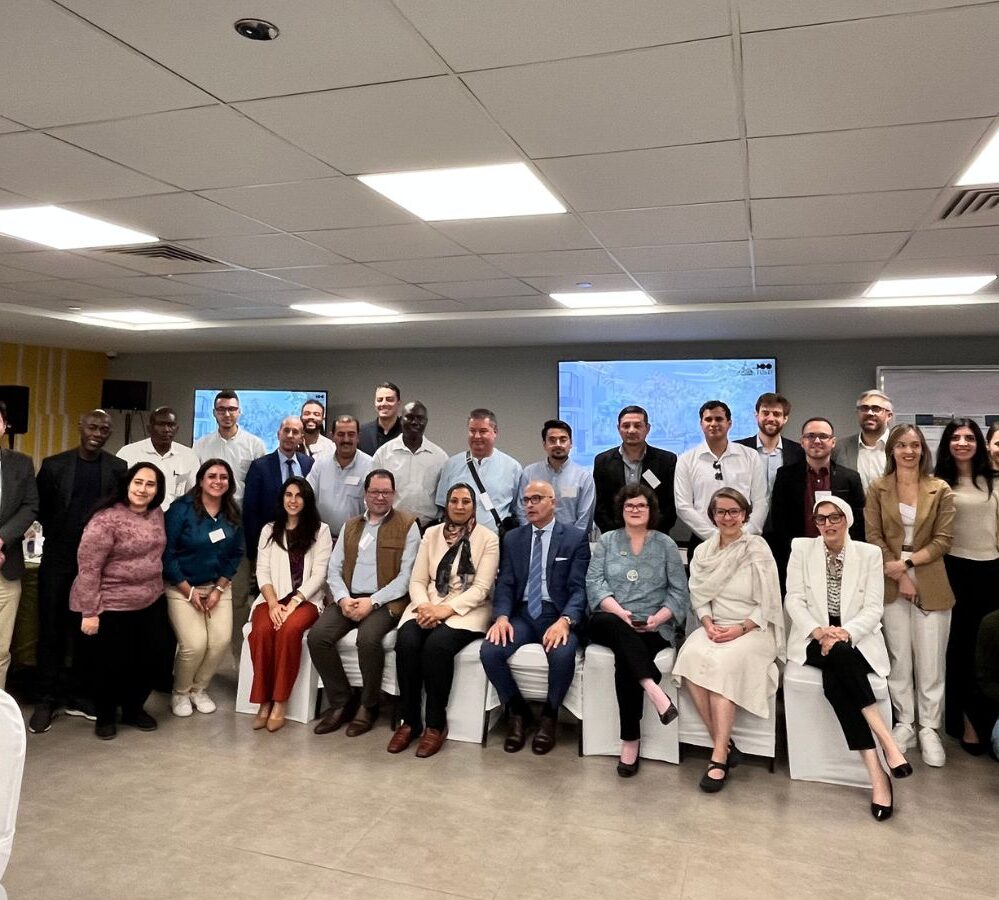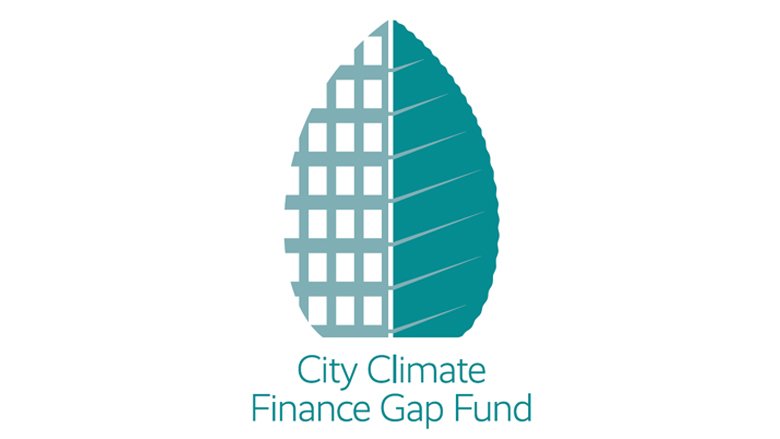Designed for policymakers, urban practitioners, development partners, and financiers who support climate action at subnational and local levels, the report aims to demonstrate the importance of early-stage technical assistance and strategic partnerships, drawing from the experience of the Gap Fund and its partnerships with GCoM and ICLEI.
At the Chefchaouen Local Climate Finance Forum, held on 8–9 July 2025 in Morocco, ICLEI – Local Governments for Sustainability, the Global Covenant of Mayors for Climate & Energy (GCoM), and the City Climate Finance Gap Fund launched a new joint publication:
Empowering Cities and Financing Climate-Resilient Urban Futures: Insights from the Gap Fund’s partnerships with GCoM and ICLEI.
The report showcases how strategic partnerships are helping cities in the Global South move from climate ambition to actionable infrastructure projects by leveraging early-stage technical assistance, governance support, and peer learning.
Since 2022, ICLEI, GCoM, and the Gap Fund have worked together to help local governments advance climate-smart plans from concept to pre-feasibility, strengthening project design and improving access to climate finance.
“This report sheds light on the power of collaboration in accelerating project preparation and improving access to finance for sustainable urban infrastructure,” said André da Vila, Innovate Finance Officer at ICLEI and co-author of the report.
The report distills key lessons from this partnership, illustrating how city networks are crucial in building capacity, broadening access to technical support, fostering peer learning to address shared obstacles, and linking early project design with long-term investment opportunities for climate-resilient urban development.
André da Vila added: “As a product of the partnership between ICLEI, GCoM, and the Gap Fund, the publication offers practical insights on how diverse stakeholders can build on such cooperation to jointly support cities in mobilizing resources for impactful, locally led projects.”
“This publication demonstrates that when cities are equipped with the right tools, strong governance structures, and early-stage support – and backed by powerful partnerships – they not only participate in climate action; they lead it!” stated Johanna Z. Granados Alcalá, Head of the GCoM–Gap Fund Partnership team and co-author of the report.
Reflecting on the significance of the report, ICLEI Vice President Mohamed Sefiani, Mayor of Chefchaouen and GCoM Regional Ambassador, said: “I am very pleased to witness the launch of this publication at the Chefchaouen Local Climate Finance Forum, supported by international organizations and highlighting the value of city networks in driving sustainable change through partnerships and synergies among institutions and sectors.”
The Chefchaouen Local Climate Finance Forum followed the United Nations 4th International Conference on Financing for Development (FfD4), held earlier in July in Seville, Spain. This timely report echoes the messages of both events, particularly the Chefchaouen Call for Climate Action, which urges the international community to strengthen cooperation and partnerships with local and regional governments to close the persistent gap in local climate finance.
SUP Project: Bridging the gap from vision to investment
The publication highlights the Gap Fund Step-Up Project (SUP), led by ICLEI and funded by the European Investment Bank (EIB) and Deutsche Gesellschaft für Internationale Zusammenarbeit (GIZ). The focus is on local governments that receive support from the City Climate Finance Gap Fund to bridge the gap between climate ambition and actionable urban infrastructure projects.
The SUP project addresses collaborative knowledge exchange and capacity-building through tailored training for successful project pitching to leverage investments, working with nine cities across Latin America and Africa: Palmas, Rio de Janeiro, Campinas, Portoviejo, Cuenca, La Marsa, Chefchaouen, Kisumu, and Makindye.
As a beneficiary of the project, Mayor Sefiani detailed: “For us, the initiative has been key to developing a pre-feasibility study on the municipal waste management and recovery project.”
This collaborative model is accelerating the transition from climate project ideas to implementation and demonstrating the importance of linking early-stage technical support with long-term financing opportunities.
By working together across levels of governments, institutions, and sectors, these partnerships are helping cities deliver on their climate goals while setting a global example of how to build inclusive, resilient, and finance-ready urban futures.
Download the report here.





